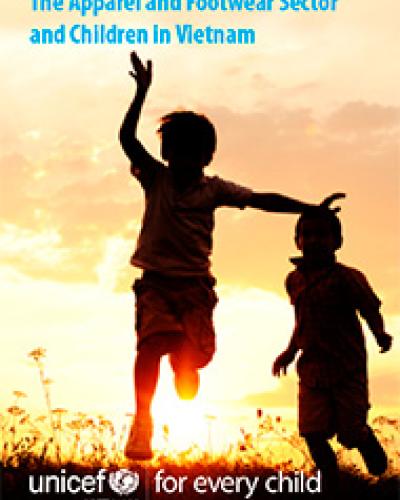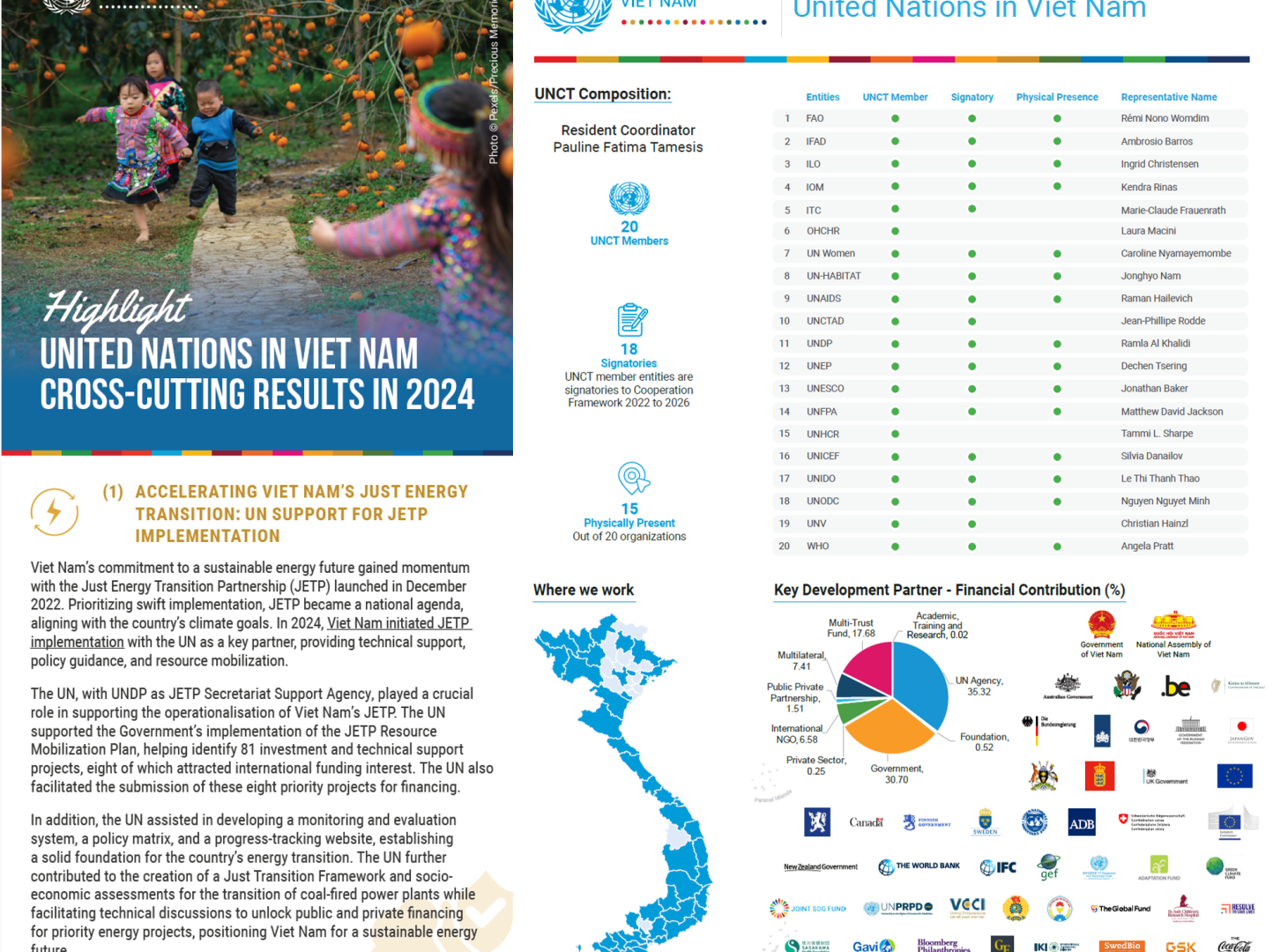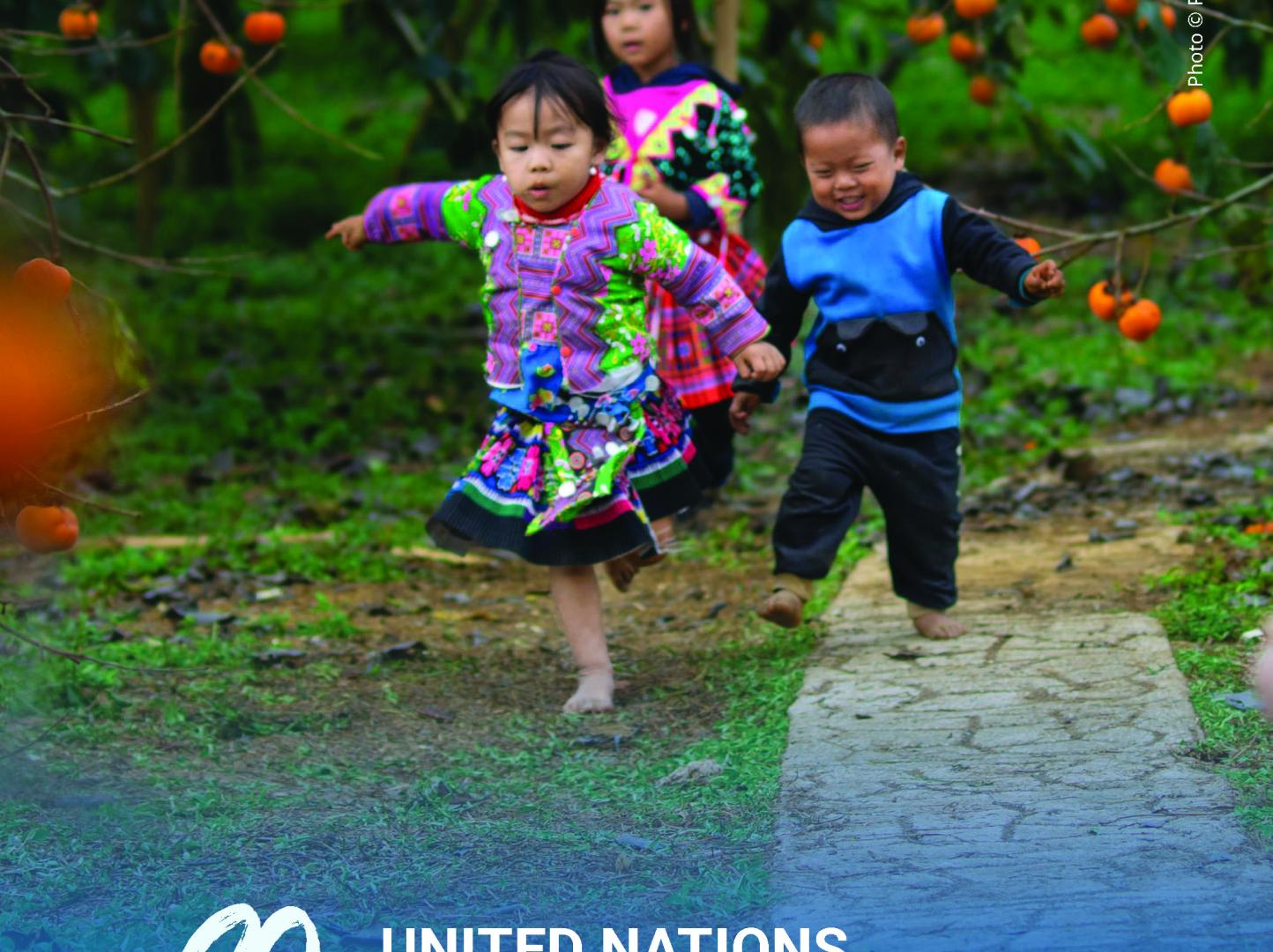The apparel and footwear sector and children in Viet Nam

This work was made possible by a generous grant from The Walt Disney Company
Vietnam's apparel and footwear sector has seen fast growth over the past years and it plays an important role in national socio-economic development as the country's second largest export sector, accounting for more than one quarter of the value of all Vietnam's exports. It is the country's largest source of formal private sector jobs and a majority of workers are women. It therefore has a huge impact on children – not only directly as potential workers in the industry or in the informal sectors that grow around the industry, but also indirectly as a major employers of parents and caregivers; affecting the livelihood of millions of families. UNICEF seeks to address key concerns for children through a targeted initiative starting with an assessment to build a comprehensive understanding and evidence of the multiple ways in which children's rights are affected in the apparel and footwear sector in Ho Chi Minh City and surrounding areas, both inside and beyond factory gates.
The assessment includes an analysis of key drivers and underlying root causes, and recommendations on steps companies can take to mitigate adverse and strengthen positive impacts to help implement effective and targeted interventions and develop guidance material, including of good practices on child-friendly business in the footwear and apparel supply chain, at the local and international levels.
The assessment was carried out in 2016 and is based on publically available resources and field research involving stakeholder interviews, factory visits, direct observations and exploratory research to validate the desk study findings and identify additional impacts. Geographic scope focused on the apparel and footwear industry in Ho Chi Minh City (Binh Tan and Thu Duc districts) and surrounding provinces including Dong Nai, Binh Duong, Binh Phuoc, Long An and Vung Tau.






